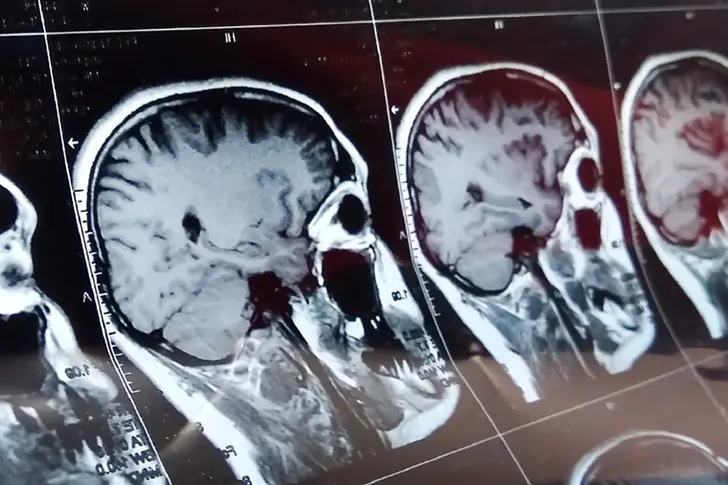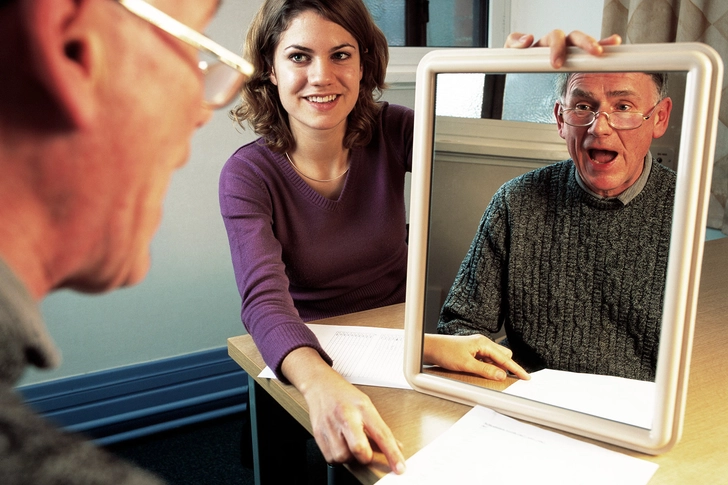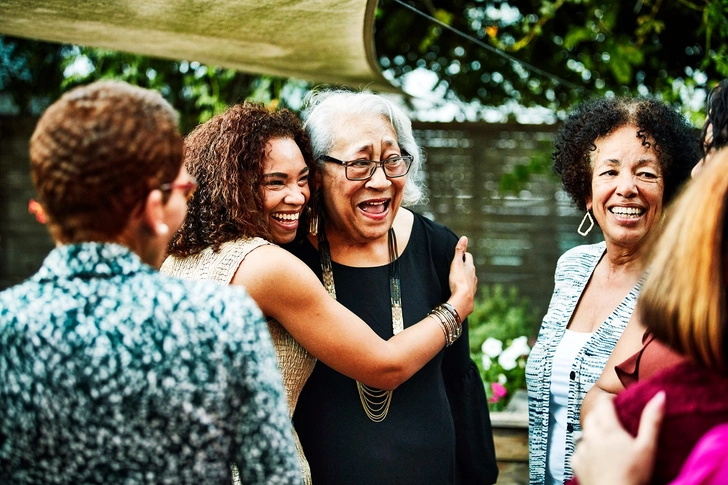Taking Control of Brain Cancer Changes



A brain tumor is life-changing. It’s natural to feel waves of emotions, from shock to fear to grief. Acknowledge them and take time to process them. Though they may be overwhelming, you can regain some control by actively managing your symptoms – those caused by the tumor and the side effects of treatment. Just as your symptoms are unique to you, you may respond to some strategies and not others. Be patient as you find what works best.

A brain tumor can lead to physical changes as it grows. Depending on its size and location, it can cause headaches, seizures, blurred or double vision, or light sensitivity. It can also lead to problems with balance that can get worse from fatigue, muscle weakness, and dizziness.

Headache pain may be on one or both sides of your head. It can sometimes feel worse when you wake up, then ease. Keep a symptom log that you and your doctor can review for patterns. As with migraines, you may feel nauseous or sensitive to light. Avoid any triggers you can identify, like stress, skipping meals, and specific foods. If you don’t get relief from OTC meds, ask about a prescription drug.

Simple partial seizures cause mild symptoms like jerking, numbness, and trouble speaking. Complex partial seizures may cause hallucinations and confusion. With a grand mal seizure, you lose consciousness and go limp. Keep a detailed journal so your doctor can spot patterns and prescribe the right antiepileptic drug. Protect yourself by wearing a medical alert bracelet with your medications listed and don’t drive if seizures aren’t controlled.

Vision problems happen when the brain tumor places pressure on certain areas of your brain like the brain stem or optic nerve. Though they may not seem as urgent as other physical changes, don’t ignore them. A loss of vision can gradually worsen. Even before you notice any problems, work with an ophthalmologist who will track any changes in your vision and help you manage them.

A loss of balance puts you at a greater risk for falls and, as a result, injuries. A physical therapist can tailor a program of strength and balance exercises to your needs. You’ll also get ideas for making your home environment safer. This will improve both how well you move and how well you feel. What’s more, being stronger will help you manage the challenges of brain cancer treatment.

It’s normal to be filled with different emotions as you go through this journey, like anxiety and depression, fear, and loneliness. You may feel hopeful at times, too. There are also cognitive changes you may face. Your thinking ability, memory, and even finding the right words in a conversation can suddenly be hard. That’s a lot to deal with, but there are ways to make up for it and boost your outlook.

Both your brain tumor and the treatments you have can affect how well you think, communicate, and remember. You can manage some of these challenges through cognitive rehab with a neuropsychologist. It teaches ways you can make up for the gaps you’re having. Also, use tech tools: Use dictation instead of typing text messages and create reminders on your smartphone or computer.

Recognize and Manage Depression and Anxiety
The shock and denial you felt at first may give way to anxiety and depression. Signs of anxiety are a rapid heartbeat and restlessness. With depression, you may feel sad or hopeless and have sleep and appetite problems. Seek out a mental health counselor specializing in cancer care. You might respond to CBT, therapy that helps you change negative thoughts into positive ones. Antidepressant or anti-anxiety medications may also help.

Even with loved ones around you, you may feel alone on your cancer journey. But there’s no reason to go through it on your own. Share your feelings with the people closest to you: If they understand what you’re feeling, they’ll be better able to help. If you don’t have a network and feel isolated, look for a support group or just one person you can trust to feel connected again. This could even be a nurse or a counselor on your care team.

Make your own strategies to ease stress. Make a list of practices to tap into whenever you need to calm your worried mind, like mindfulness, meditation, visualization, and yoga. Create art, listen to music, or try aromatherapy. Journaling is great for validating your thoughts and feelings. Include questions to ask at appointments. That’s important because the more you communicate with your providers, the more inner strength you’ll gain.

Support smooths out the emotional and physical waves of change you’re navigating. Let family and friends know how to help. Join an online or in-person support group to share your experience and learn from others. Groups like ABTA can make a one-on-one connection for you if groups aren’t your thing. Patient portals keep you in touch with doctors between appointments. Consider seeing an oncology social worker for more practical solutions.

Make self-care a priority for better physical and emotional health. Stay active to stay mobile, reduce fatigue, and boost well-being. Eat a balanced, nutrient-rich diet to support your immune system and your recovery. Try new foods and have small frequent meals to counter taste changes and nausea. Practice good sleep hygiene to get better rest. Make realistic adjustments to your office schedule if you’re able to keep working.

Learn as much as you can about your cancer and treatment options so that you can advocate for yourself with each expert on your medical team. Ask a loved one to go to appointments with you and advocate for you when you can’t. Identify your desires and goals and communicate them clearly: Be focused and persistent. Prepare what you will say in simple terms and always follow up – ask again if you don’t get answers within a few days.

Find New Purpose and Joy
Even if medical appointments and treatments seem to define each day, block out at least a few minutes to spend with things that bring you joy. This could be reconnecting with loved ones, re-engaging with favorite hobbies, and trying new ones. Crosswords and brain games are fun and also keep your mind busy. If you have to step back from work, volunteering can give you a new sense of fulfillment and self-esteem.
Photo Credits:
1) E+/Getty Images
2) iStock/Getty Images
3) The Image Bank/Getty Images
4) iStock/Getty Images
5) iStock/Getty Images
6) E+/Getty Images
7) E+/Getty Images
8) COLIN CUTHBERT/Science Source
9) E+/Getty Images
10) DigitalVision/Getty Images
11) E+/Getty Images
12) E+/Getty Images
13) E+/Getty Images
14) E+/Getty Images
15) Moment/Getty Images
SOURCES:
American Brain Tumor Association: "Living With a Brain Tumor," "Strategies for Coping with a Brain Tumor Diagnosis: Enhancing Quality of Life."
National Brain Tumor Society: “Managing Side Effects," "Signs & Symptoms," "Improving Balance and Preventing Falls for Patients with Brain Tumors."
Oncolink: “Brain Tumors and Headaches.”
Moffitt Cancer Center: “Can Brain Tumors Affect Your Vision?”
Cancer Support Community: “Coping with a Brain Tumor.”
Medecine Palliative: "Visual disturbances in patients with brain metastases and primary brain tumors; palliative care perspective."
The Brain Tumour Charity: "How to cope with loneliness and isolation.”
Carle Foundation: "Brain Tumors."
Brain Tumour Foundation of Canada: "Tips on Advocating for Yourself."